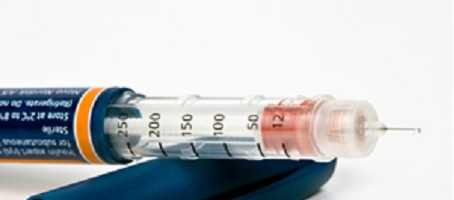The US Food and Drug Administration has approved an implanted device to combat obesity, potentially reducing the development of type 2 diabetes and other weight-related conditions, such as cardiovascular disease, stroke, and some types of cancer.
What is the device?
The device, called the Maestro Rechargeable System, is implanted under the skin of the torso. The leads wrap around the vagus nerve, which is responsible for connecting the brain to the stomach. Intermittent bursts of electricity emitted by the device blocks nerve traffic between the brain and the stomach for a while, inhibiting feelings of hunger.
To qualify for the device, patients must be 18 or older, have failed to lose weight in a weight-loss programmen, and have a body mass index (BMI) between 35 and 45. In addition, patients must have at least one medical condition related to obesity, such as type 2 diabetes.
The trial
Trials were conducted on 233 patients with a BMI greater than 35. Some patients received the actual device, while others were given a sham device, the equivalent of a placebo.
The group that was given the device lost 8.5 per cent more weight than the group that received the sham device. 52.5 per cent of patients given the device lost at least 20 per cent of their excess weight, and 38.3 per cent lost at least 25 per cent, potentially lowering their risk of a number of weight-related diseases, such as type 2 diabetes and cardiovascular disease.
The FDA claims that the exact weight loss methods used by the device are unknown. The trial did not assess food intake or other factors that may have induced weight loss irrespective of the device.
The device’s significance
The Maestro Rechargeable System is the first weight loss device approved by the FDA since 2007. It potentially offers a safer, less invasive alternative to weight loss surgery, should weight-loss programmes fail to reduce BMI.
William Maisel, deputy for science and chief scientist at FDA’s Centre for Devices and Radiological Health, said: “Medical devices can help physicians and patients develop comprehensive obesity treatment plans.”
What's new on the forum? ⭐️
Get our free newsletters
Stay up to date with the latest news, research and breakthroughs.






